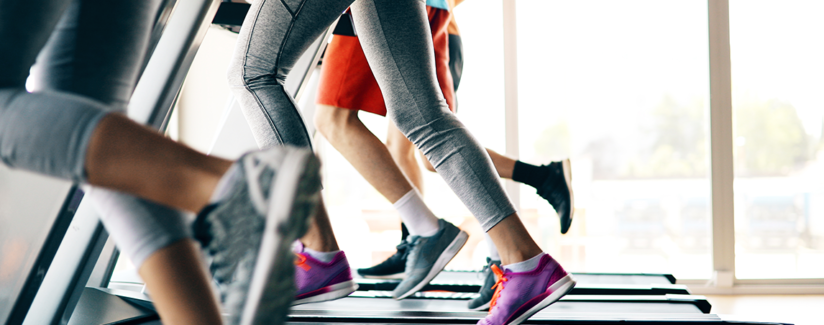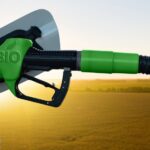
Food For Fuel: Choose the Right Food to Get Moving
01/01/2018
The new year is here – that means for many of us it is time to tackle those new year resolutions head-on. When it comes to being active, a healthy and high-fuel diet can help you achieve your peak performance. Whether you are planning foods for yourself, your child or someone else, it is important to know which foods provide the most fuel before participating in physical activity. To gain some insight into these foods for fuel, we reached out Dr. Gordon Zello, professor of Nutrition and Dietetics at the University of Saskatchewan, to pick his brain.
What foods provide the most fuel/nutrients for our body when exercising?
Dr. Zello: “Macronutrients, which are protein, carbohydrate and fat, are the only nutrients that provide energy (fuel, calories) to the body. Micronutrients, which include vitamin and minerals, are essential nutrients that do not provide calories. Both carbohydrate and protein provide four calories per gram and fat provide nine calories per gram.”
“Although fat provides the most calories, fatty foods are usually found in foods that are heavy, such as meats, therefore they are not recommended as foods to eat, before, during and after exercise. Carbohydrates are more easily converted to glucose (energy the body cells require) than protein, so foods containing carbohydrates are recommended before and during exercise.”
What types of foods should an active person be eating before working out?
Dr. Zello: “Carbohydrate-rich foods are those that easily provide energy to carry out exercise. However, the type of carbohydrate is important. Certain carbohydrate food like potatoes are quickly absorbed by the body and thus provide quick energy. Carbohydrate foods that are quickly absorbed are referred to as high glycemic. The concern with high glycemic foods is that over time they have been linked to metabolic syndrome and type 2 diabetes. Foods that are low glycemic (like pulses – lentils, bean, chickpea) are absorbed more slowly, and therefore, provide energy throughout the exercise, and also burn body fat as a source of energy.”
For an active adult, are there foods that are better for achieving physical results?
Dr. Zello: “For short bouts of exercise quick energy is needed so high glycemic foods, in small amounts, are all right. For longer and intermittent activities (like hockey or soccer), recent research has shown that eating a meal about two hours before exercise that have a low glycemic index (GI) result in the same or better level of performance than foods that have a high GI. Consuming foods with a low GI are also better for your overall health. For even longer exercise, like marathons, it would be important to replenish both your energy needs with a quick source of glucose during the exercise and your electrolytes which are primarily lost in sweat.”
What should children be eating before sports practice? What about after?
Dr. Zello: “Less research has been conducted in children but the same would probably apply as above. In soccer play, children perform well when consuming foods with a low GI. For both adults and children, eating after exercise is usually recommended as energy stores in the body need to be replaced as a result of physical activity. This is a newer area of research, but so far milk and pulses have shown to be beneficial.”
Should kids be drinking sports drinks before and during practice? Or does water work better?
Dr. Zello: “Usually water is fine, and preferred, for shorter and intermittent physical activities. Only when children are involved in physical activity in which electrolytes need to be replaced would a sports drink containing electrolytes be considered. However, they are very few children running marathons. The same would apply to adults engaging in physical activities.”
What foods should a person avoid before physical activity?
Dr. Zello: “It is important not to eat too soon before exercising, so it is recommended that one eat approximately two hours before the physical activity. This would result in the body having the fuel to conduct the physical activity, and not feel too heavy and bloated which could result if a meal is eaten too close to carrying out the exercise. For the same reason, foods that are higher in fat are not the best choice.”
Knowing what to eat before exercise can be tricky, but thanks to Dr. Zello, we know to eat two hours before exercising, that water is sufficient for both adults and children and that you should be eating lentils to give your body the proper resources for energy. So, now we know how to get the most out of exercise and food.


























